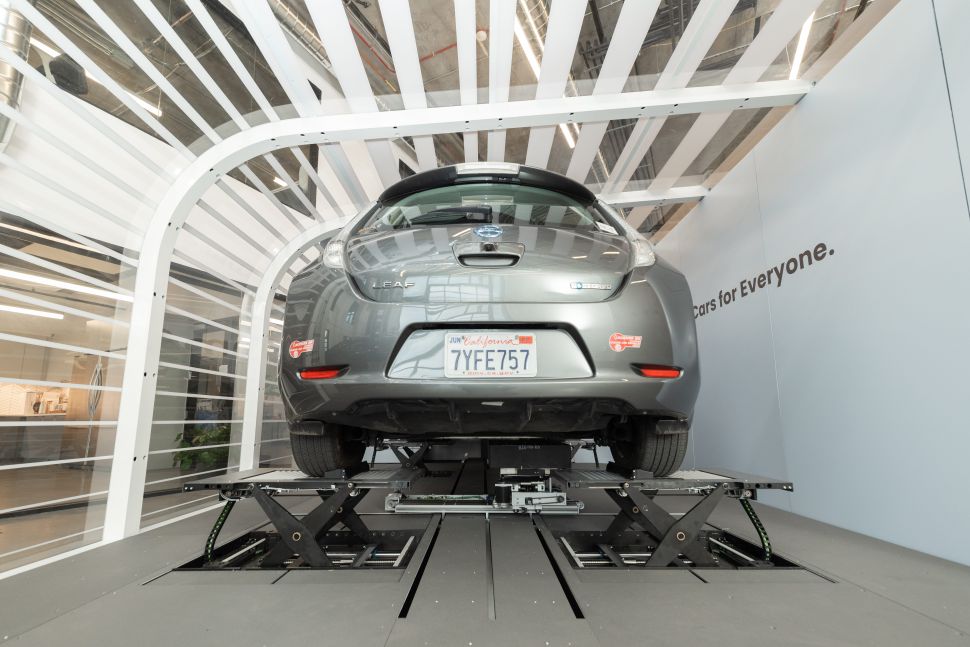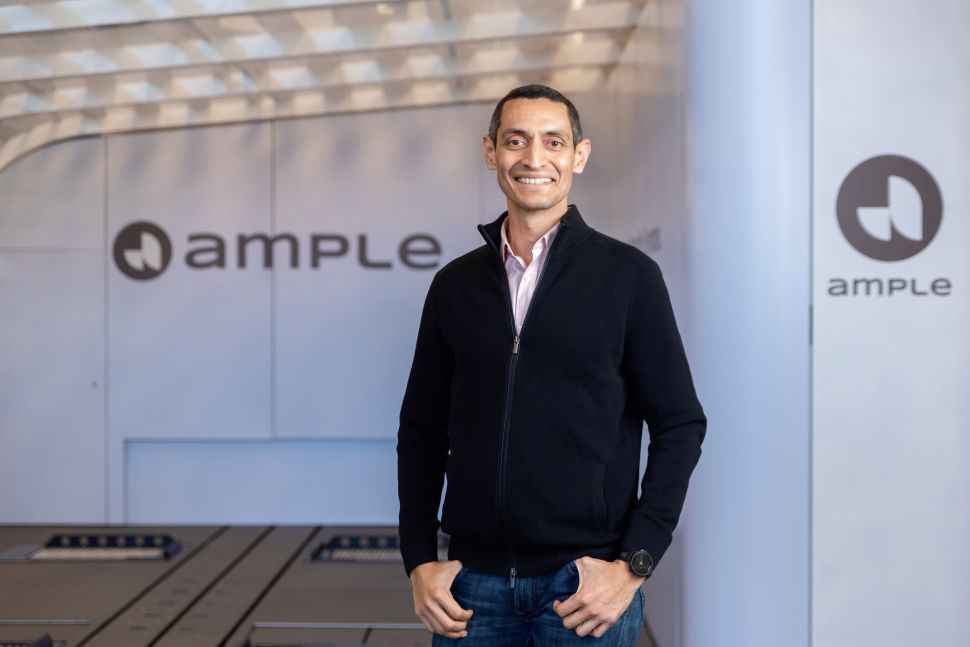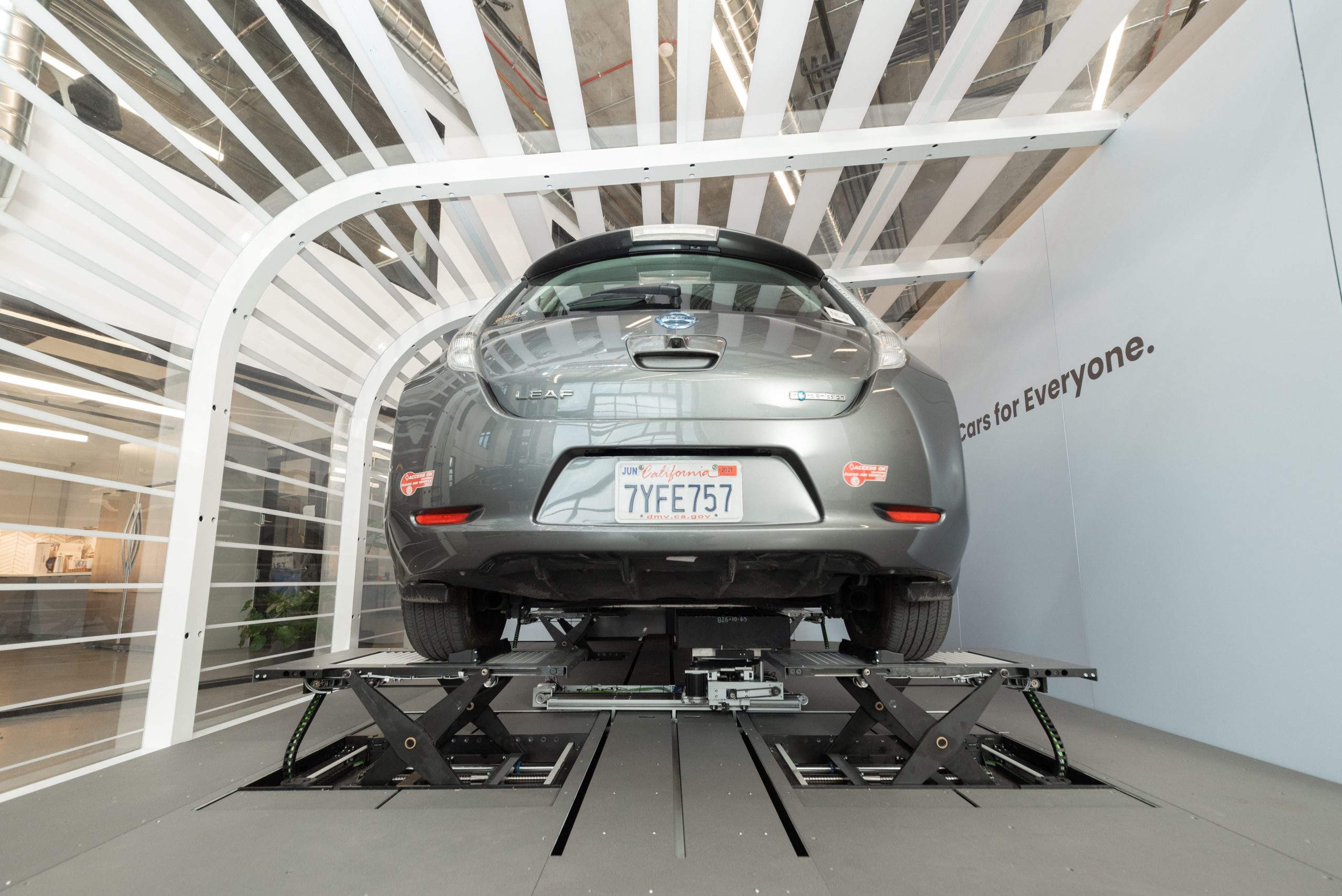
Ample’s battery swap stations are prefabricated and can be speedily assembled anywhere they are required. Ample
In the early 2010s, when fashionable-working day electric automobiles just started out attaining traction in the U.S. and a number of pockets in the earth, Tesla and an Israeli startup known as Improved Location proposed a novel concept to clear up the difficulty of extended battery-charging periods: As a substitute of re-charging, why not just swap useless batteries out entirely?
It was intriguing, but neither corporation was ready to consider the concept any even more. Far better Spot unsuccessful to make a feasible business out of it and shut down in 2013, when Elon Musk claimed in 2015 that “customers weren’t fascinated in swapping their batteries.â€
But now, as electrical car or truck adoption reaches an inflection place and the buildout of charging infrastructure lags powering, battery swap is back in manner, in accordance to a new crop of startups searching to give the technological know-how another try out.
“Today, EVs are back again and we have as soon as once again uncovered that for quite a few drivers, plugging in and ready is not a great resolution,†Levi Tillemann, a former coverage advisor to the U.S. Office of Energy and now head of coverage and international outreach at Enough, a San Francisco-based battery swapping company, wrote in a recent op-ed for The Washington Put up. “This uncomplicated, impressive mode of EV refueling makes use of robots to bodily remove empty batteries and switch them with totally charged batteries—much as you would adjust the batteries in a flashlight.â€
Currently, battery swap technological innovation pioneered by Chinese EV corporations, most notably Nio, which sells electrical cars devoid of batteries and as an alternative costs customers a regular monthly subscription cost for battery swap provider. Nio is enjoying wild achievement (and a vote of acceptance from Wall Road traders). Nonetheless, this battery-as-a-support product has a couple shortcomings: those people batteries are brand-distinct and cannot be applied in other EVs, and the swap stations are nonetheless much too high priced to build.
“We needed a enterprise design that can be successful without having governing administration subsidies in get to achieve very long-expression viability. I never believe relying on subsidies is the appropriate product for EV,†Ample co-founder and president John de Souza instructed Observer in an interview.
Also Go through: Can Biden’s Infrastructure System Revolutionize Electric Autos? Specialists Weigh In
In advance of its formal launch this year, Ample was in stealth mode for 7 decades, figuring out means to make a 1-sizing-matches-all battery system and develop entirely automated swap stations at a realistic charge. The company’s solution to the 1st issue is to make modular, Lego brick-like batteries that can be assembled into numerous dimensions and shapes to match distinct EVs. Swap stations are prefabricated and can be speedily assembled where ever they are wanted.


Enough President John de Souza. Enough
“Our cost of setting up swap stations is comparable to deploying a pair of degree 2 chargers,†de Souza defined. “It’s a realistic charge, which enables us to be rewarding following just 20 motor vehicle takes advantage of on a offered station.â€
One more way to lessen cost is by tapping into alternate vitality sources such as wind and photo voltaic. When not in use, Ample’s battery swap stations can operate as vitality storage gadgets to capture photo voltaic and wind strength. “Swap stations act as a electricity buffer. The buffer is constructed in our design and style, so it uses renewable energy when it’s offered,†de Souza reported.
One particular obstacle dealing with Ample—and battery swap tech overall—is the fast growth of charging methods. As driving assortment increases and the so-termed “fast chargers†turn into extra widespread, “range anxiety†is not so significantly of a dealbreaker to individuals as it utilized to be.
Previous month, President Joe Biden unveiled a $2 trillion infrastructure bundle, which features a $174 billion funds to improve the electric car or truck offer chain and set up 500,000 EV quick-charging stations throughout the nation to persuade EV adoption. Such substantial expending, as Sufficient sees it, is neither essential nor inexperienced.
“We never see a planet in which rapid chargers remedy these troubles,†de Souza claimed. “If you want to fast cost a motor vehicle in below 5 minutes, you’d require a 1 to 2 GigaWatt charger. That’s likely to cost thousands and thousands of bucks.†Allow by yourself the point that in this kind of chargers electric power will have to occur from the grid, which still heavily depends on normal gas and coal.
Enough now operates 5 battery swap stations in the San Francisco Bay Space especially for Uber motorists. Motorists with supported electric powered automobiles can trade a invested battery for a entirely charged a person in fewer than 10 minutes. Enough aims to shorten the swap time to underneath five minutes by the close of 2021.
“A whole lot of men and women think of electrical energy as the new gasoline. But in reality, the batteries are the new gas. That’s a slightly unique way to imagine about it,†de Souza said.

